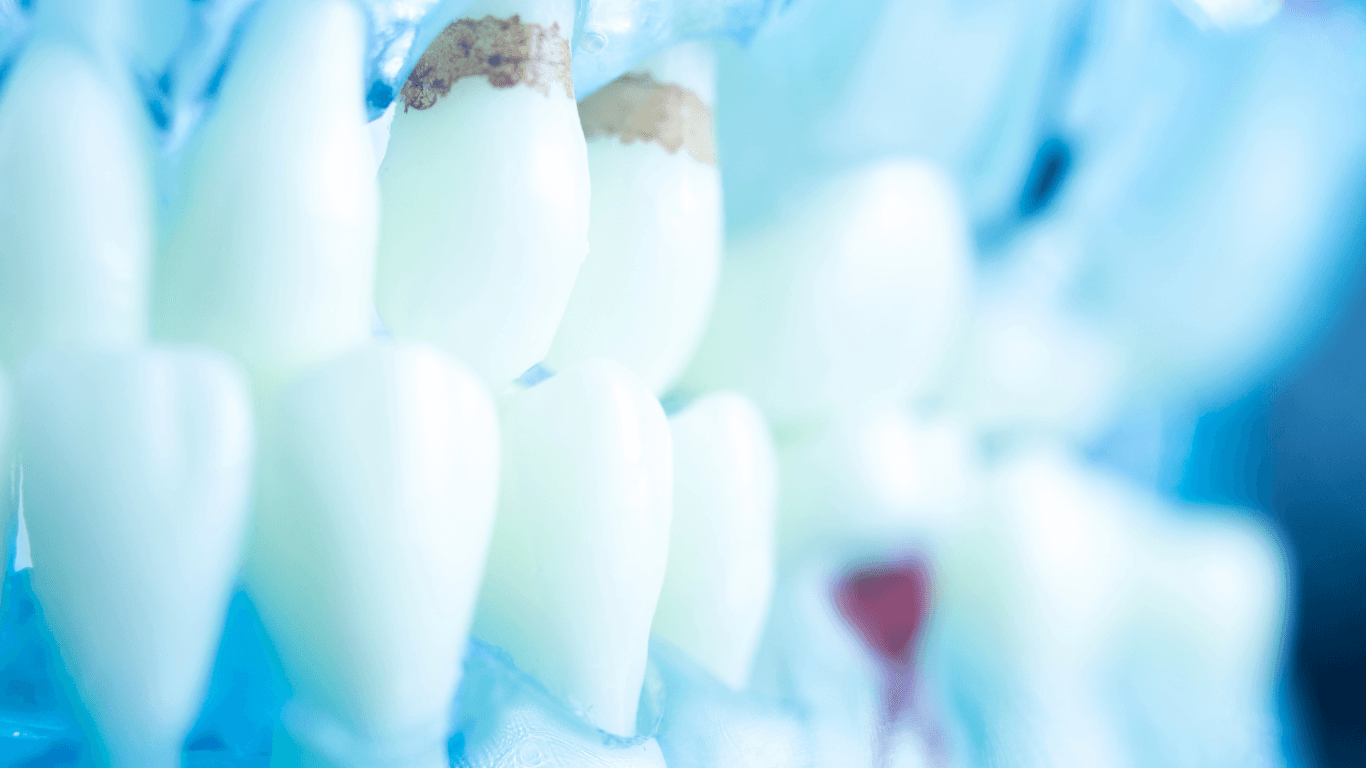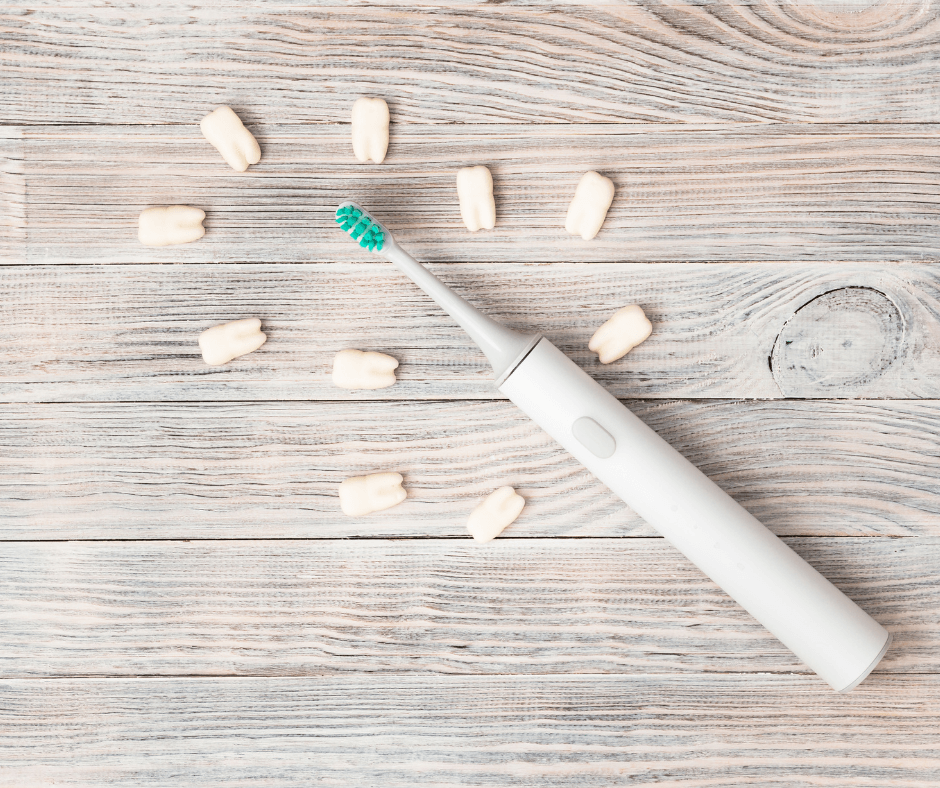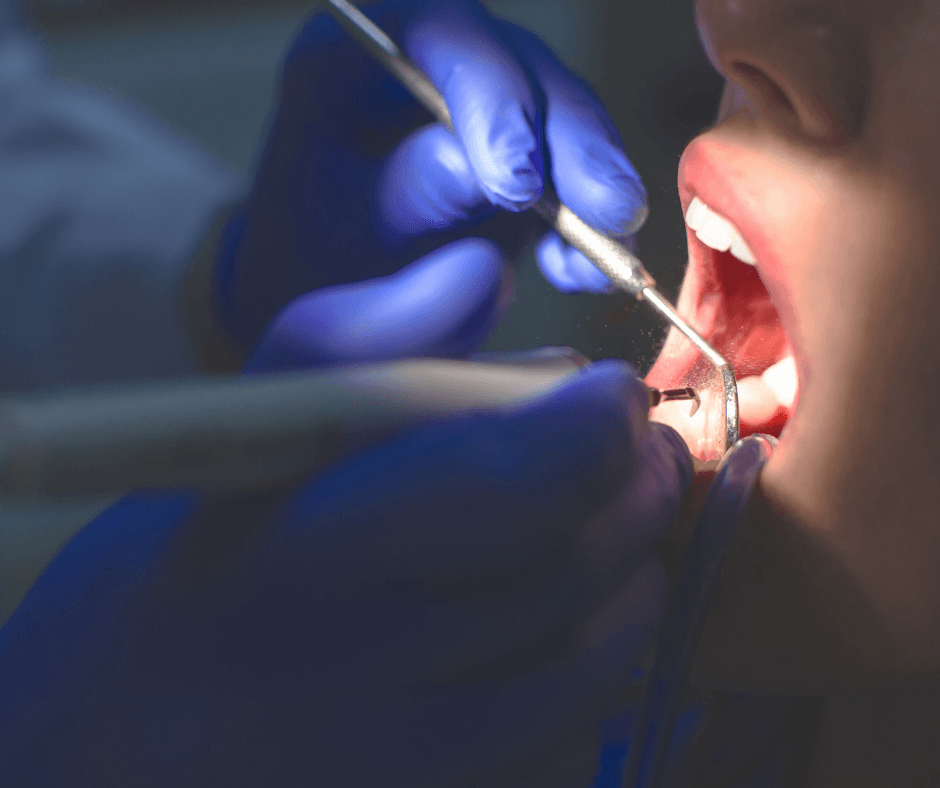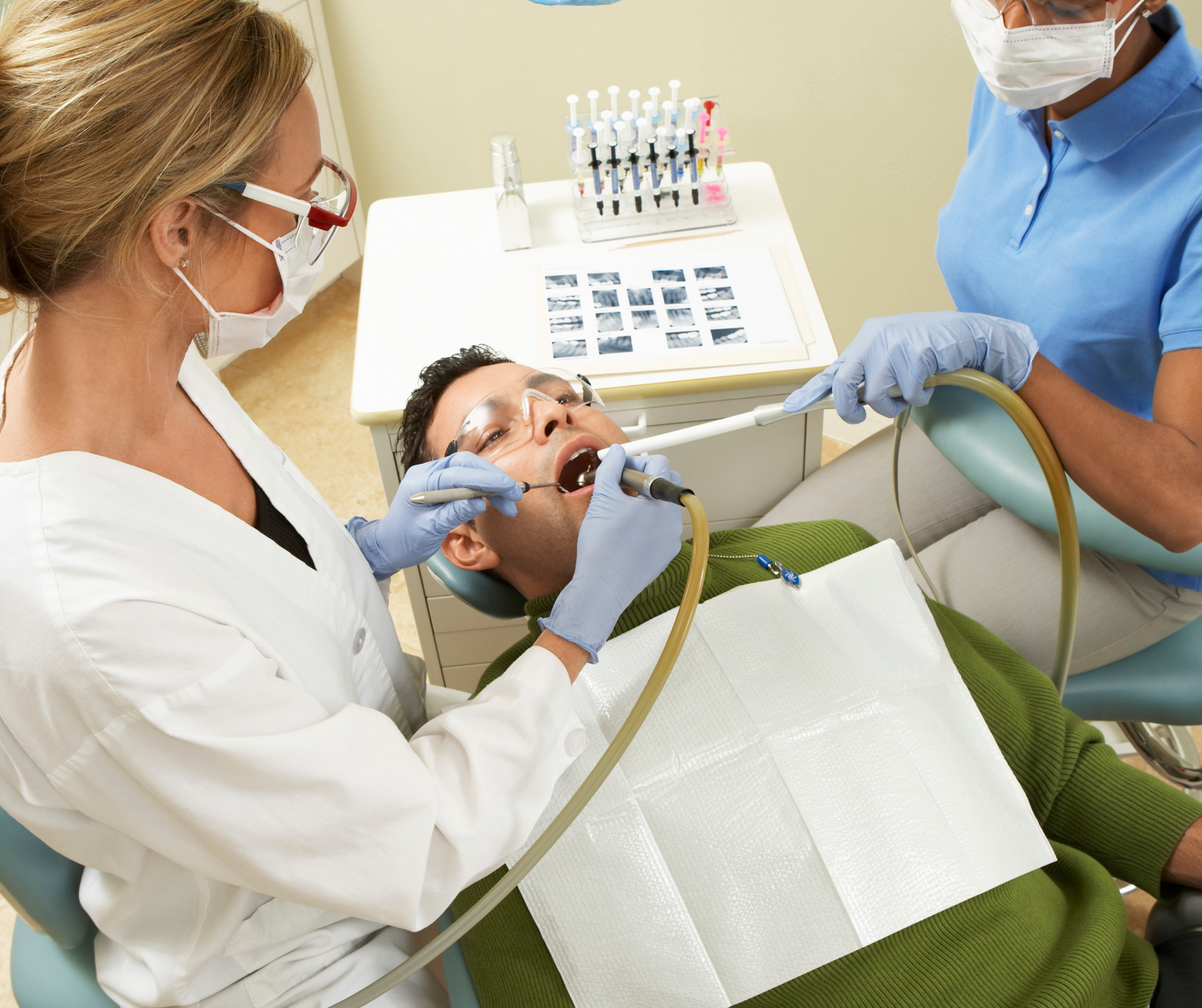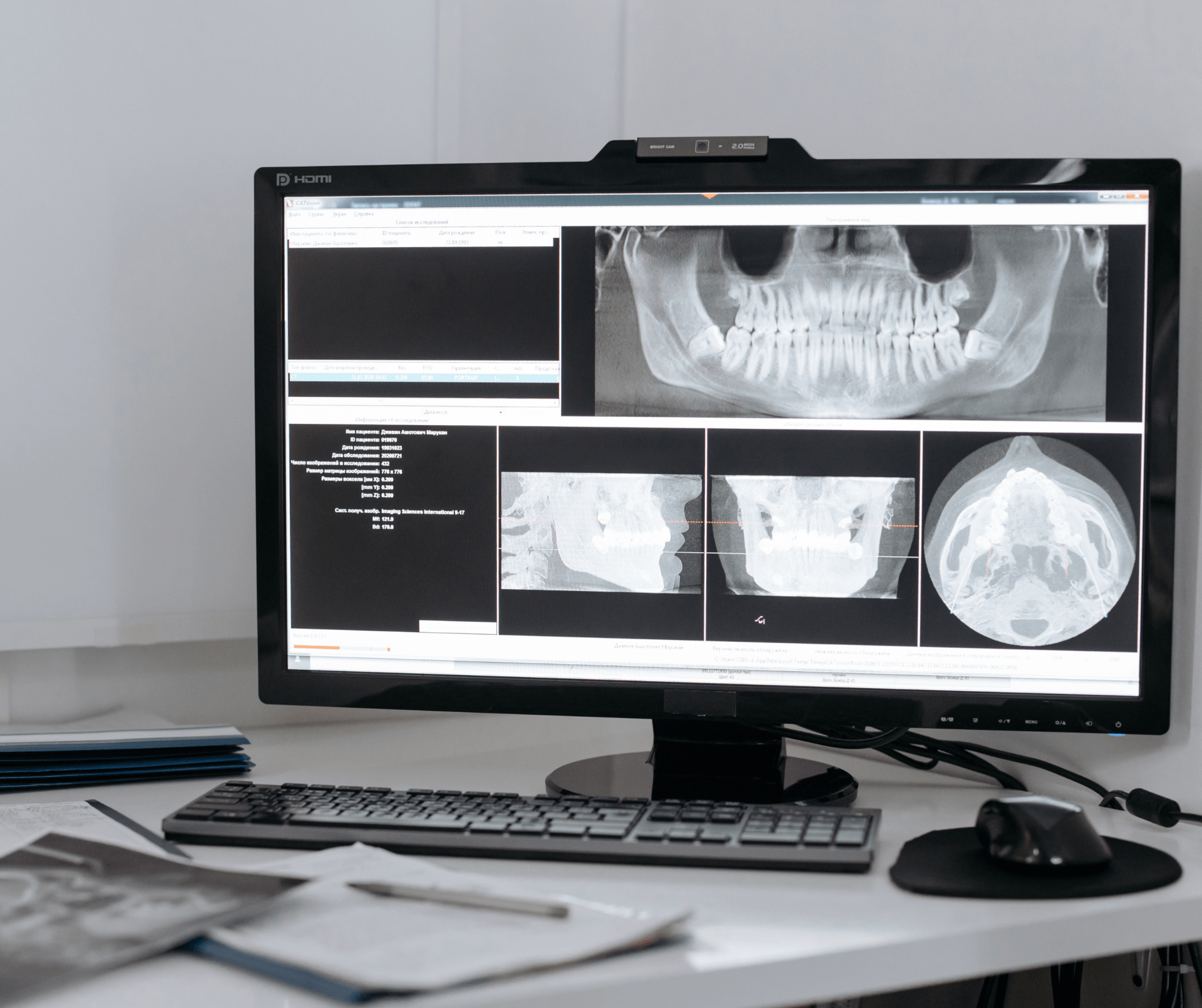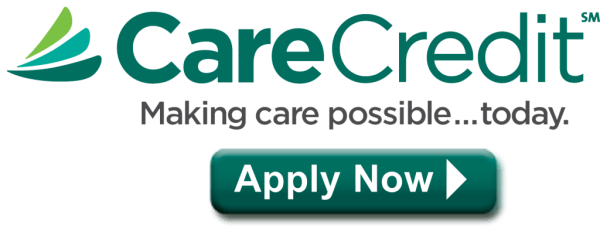3 Common Dental Habits That Can Damage Your Smile
Do you have any of these habits? If so, you could be harming your teeth. Find out what they are and how to avoid them for a happy, healthy smile.
When it comes to dental health, a little mindfulness in our day-to-day lives goes a long way. By adding a thing or two to your daily routine and removing some other common habits, you can help strengthen and shield your teeth from harm. Below is a list of things that many of us do — often without even thinking about it — that can harm our mouths.
If you notice any that apply to you, don’t worry! We’ve included an idea or two under each item to help you break the habit. But be sure to look through the list carefully. You might find something you didn’t know was harmful!
1. Using Your Teeth as Nail Clippers
Of all the items on this list, nail-biting has to be the most common dental health-damaging habit. It’s so popular that there’s even a scientific term for it: Onychophagia…and according to research by the Journal of Dermatological Treatment, anywhere from 20 to 30% of Americans compulsively bite their nails.
This habit is a big promoter of local infections around the nails, and putting the dirt and bacteria from under your nails into your mouth also leaves you with a greater risk of developing illnesses more often, but how does biting your nails affect your dental health?
Well, first, your teeth simply aren’t made for chewing on hard objects like fingernails. Your enamel, the protective outer layer of your teeth, is meant solely for natural foods. When you chew on your nails, especially frequently over a long period of time, you wear down your enamel and leave yourself vulnerable to chips, breaks, and even tooth decay. Not only that, but the position you put your mouth in can affect the alignment of your jaw.
Usually, when you chew your nails, either your lower or upper jaw is extended outward. Combined with the force you put into biting down, this uneven position can lead to misalignment, clicking and popping when opening your mouth, and even jaw pain — also known as TMD.

How to Break the Habit
Since nail biting is often used as an outlet for stress, there are a few different ways to approach breaking the habit. One of the most effective options is to apply a clear coat or some other kind of nail polish. Then, whenever you put your fingers in your mouth, the bad taste will deter you from biting down.
Another route you can take is to keep your hands busy in situations you know will stress you out. Try fidgeting with a pen, fidget cube, or other handheld items instead.
Finally, you can attack the problem at the source with relaxation techniques like meditation, yoga, daily walks, or other mindfulness exercises.
2. Chewing on Ice
In line with number one’s theme of chewing on hard substances, our second habit is eating ice cubes. We know, we know… The crunching sensation is super satisfying, and the ice feels so cool and refreshing! But perhaps even more so than biting your nails, chewing on solid ice cubes is incredibly damaging to your enamel, and the sooner you stop, the better.
How to Break the Habit
The best way to kick this habit is to remove the temptation altogether. If you can help it, avoid using ice at all. Opt for beverages that are already cold, and order your drinks without ice when you go out to eat.

3. Using Your Teeth to Open or Break Things
This habit can be tough to break because it feels so natural to use your teeth when your hands just aren’t cutting it. One second, you’re trying to open a plastic package that just won’t budge, and the next thing you know, you’re tearing through it with your teeth.
Sound familiar? You’re certainly not alone.
But this habit poses the same risks for your dental health as biting your nails. Unfortunately, all the things that require a little oomph to rip, tear, and open are much too hard for our teeth to handle. Not to mention, we’re putting our jaw in the same risky position that can cause alignment issues.
How to Break the Habit
If you’re having trouble with something, don’t be afraid to ask for help. Also, try to keep a pair of scissors handy wherever you typically need them (i.e., the kitchen, your home office, etc). Your smile is worth the extra few seconds it will take to find help or grab your scissors.
The Best Habits for Your Smile
Of course, nothing beats daily brushing and flossing and regular checkups at your local dentist. If you need any help kicking some bad dental habits, don’t be afraid to give us a call here at Your Oaks Dental. We’re always happy to hand out helpful advice. And if you need some quality dental care, we’re a family favorite in the area, and we tailor our services to each patient’s comfort level and budget.
Either way, we wish you and your smile the best on your journey to better oral health!
